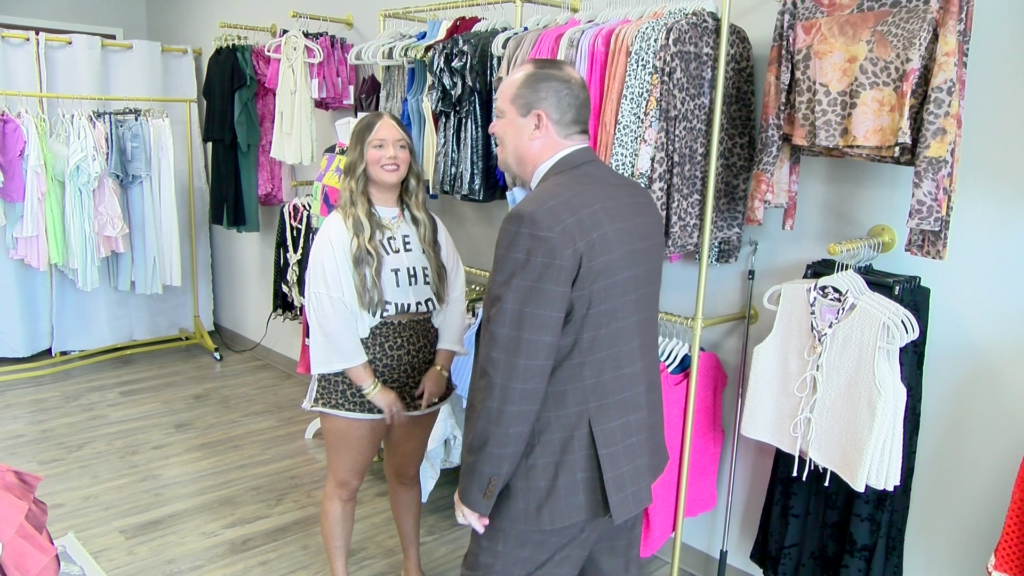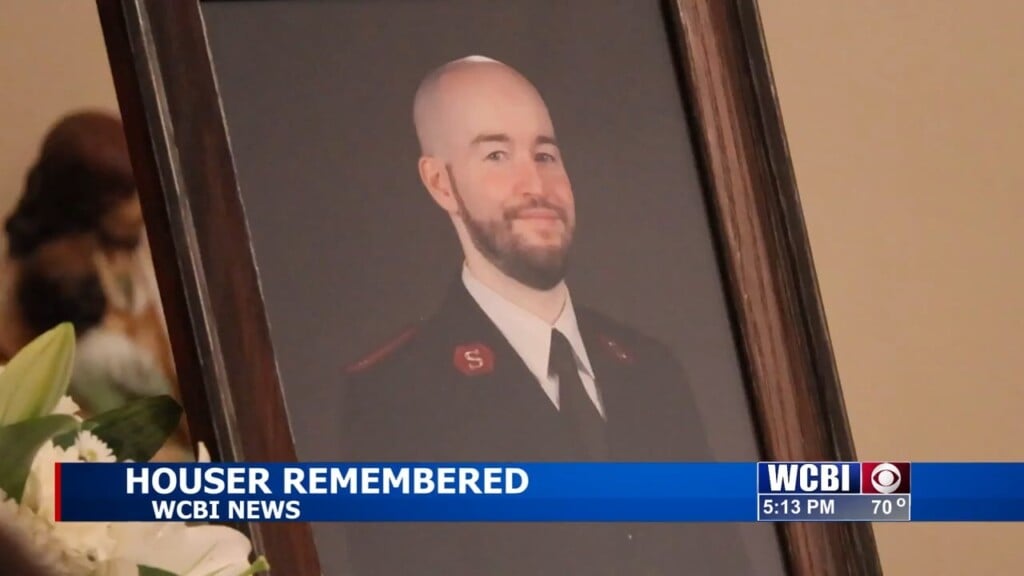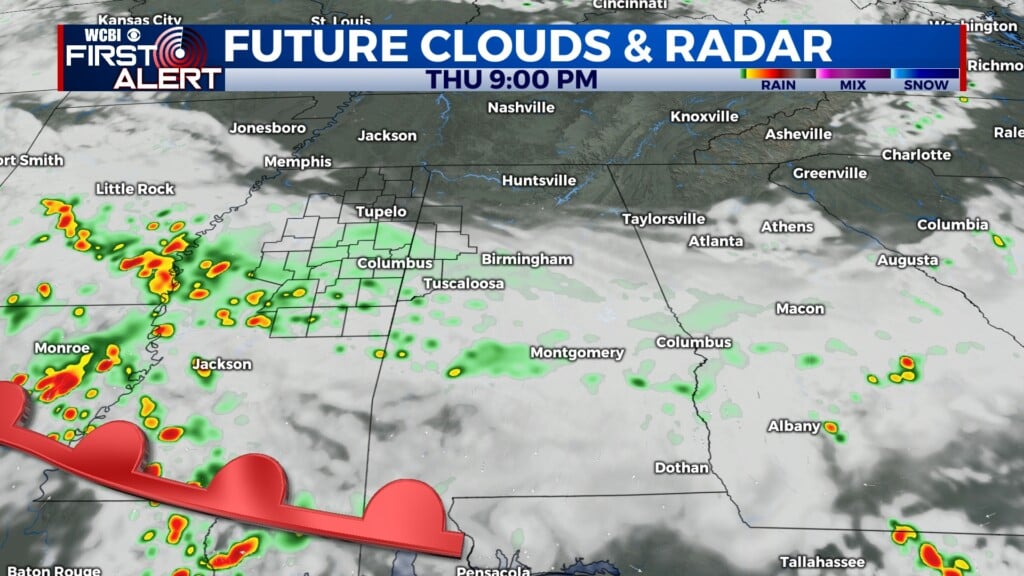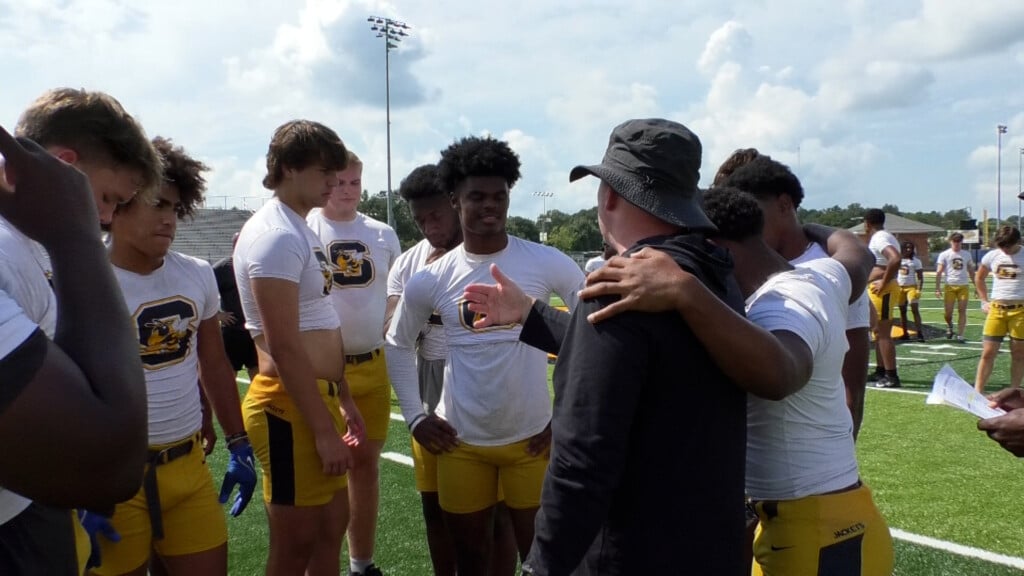MSU receive grants to help food animal veterinarian shortage
STARKVILLE, Miss. (WCBI) – Healthcare is an issue in many rural areas, but it’s not just human health that’s at issue. In some areas, veterinary care is harder to come by, especially for livestock and other large animals.
The College of Veterinary Medicine at Mississippi State University is the only vet school in the state, and it is working to improve those numbers.
The Federal Government is teaming up with the State to develop a plan to get more veterinarians in the field.
The Secretary of Agriculture was at MSU today to get a closer look at the facility.
When most of us think of veterinary care, we think of taking our dogs or cats to the vet.
But larger animals, like horses and cows, have different needs, and in recent years, the number of vets who can treat those needs has been on the decline.
Proper healthcare is a major concern for Mississippi’s meat and dairy producers, and training large animal veterinarians is one of the functions of the College of Veterinary Medicine at Mississippi State University.
U.S. Secretary of Agriculture Brooke Rollins paid a visit to the Vet School to announce an action plan aimed at addressing the shortage of rural veterinarians.
“What does rural America need?,” Rollins said. “Rural America needs better hospitals, education, housing, and healthcare. We need all of the above. But, perhaps the foundation of all that is we need an agriculture system and industry that returns to its prominent position, and that is not possible without the veterinarians who are there to support it.”
The USDA is helping veterinary schools around the country, including MSU’s, by awarding grants to increase recruitment in the field.
Mississippi State’s College of veterinary Medicine received $250,000 in much-needed grant money.
Senator Cindy Hyde-Smith said it’s now their mission to meet the needs of agriculture and veterinary medicine.
“When I get the call from Dr. Keenum and say we’ve got a little issue here that we need to close this facility, what can you do it about it,” Hyde-Smith said. “You just go to work, you come up with a plan and think who do you need to contact. The American farmers and the Mississippi farm ranchers are going to get what they need.”
Food and animal veterinarians make up only around 5% of the total veterinarian population and that has been decreasing over the past 40 years.
One of the recipients of the veterinary services grant program, Dr. Rachel McCurdy said there can be some challenges in the veterinary career field.
“Graduating vet school as mentioned earlier, most veterinary students eating the companion well medicine and surgery,” McCurdy said. “But there is a huge shortage for large animal veterinarians. In my community, there’s so many people that are in great need of large animal veterinarians and when you graduate with a huge burden of student loans, it makes it very challenging to able to meet that need.”
The USDA is set to commission new economic research to help food animal veterinary programs in rural areas.




